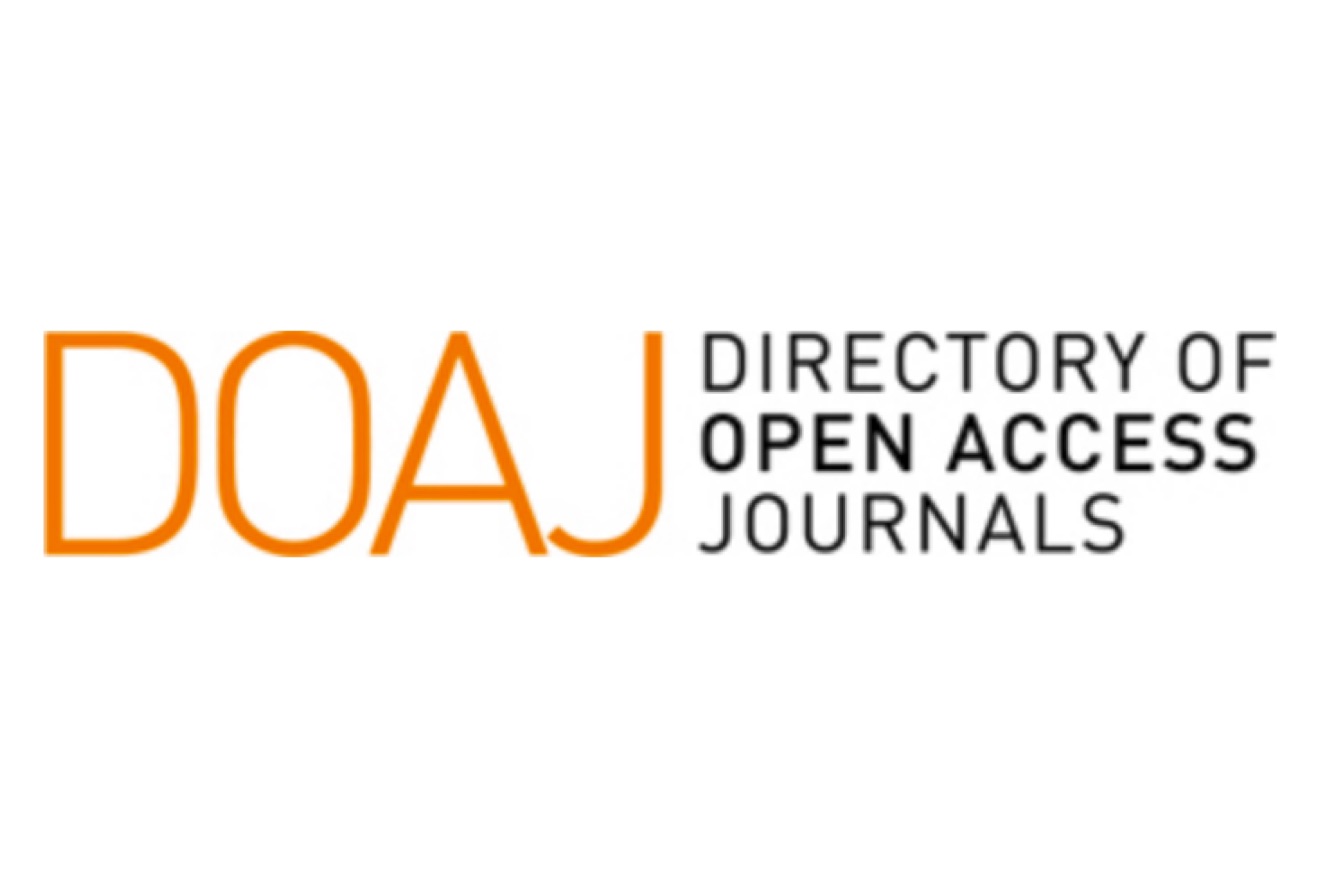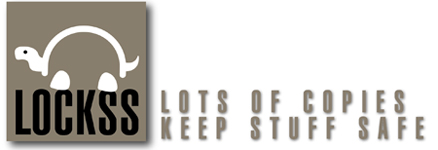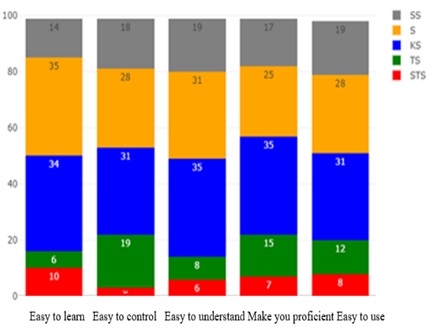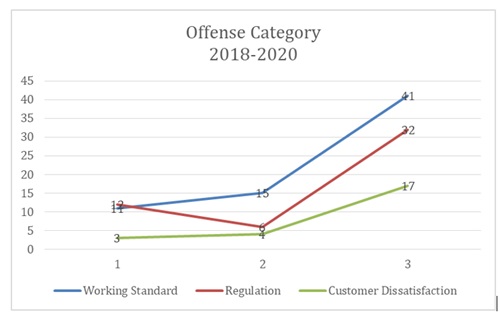DESAIN SISTEM INTELEJENSIA BISNIS PADA RANTAI PASOK PRODUK JAMU BERBASIS PENTAHO BUSINESS INTELLIGENCE
Downloads
This paper designs business intelligence system for supply chain of herbal products in Indonesia. System design is done with system entity approach to obtain system attributes, conceptual system design using Businees Process Modeling Notation (BPMN) 2.0 and unified modeling language (UML) and finally integrated with pentaho business intelligence suite suite including integration and business analytics data. The result of business intelligence system design is able to transform raw data into information and mengintrpertasikannya in the form of a visual supply chain herbal products for the purposes of identification, development and create new business strategy opportunities.
Downloads
Afdhal, A. F., & Welsch, R. L. (1988). The rise of the modern jamu industry in Indonesia: a preliminary overview. The context of medicines in developing countries: studies in pharmaceutical anthropology, 149-172.
Bouman, R., & Van Dongen, J. (2009). Pentaho solutions: business intelligence and data warehousing with Pentaho and MySQL. Wiley Publishing.
Casters, M., Bouman, R., & Van Dongen, J. (2010). Pentaho Kettle solutions: building open source ETL solutions with Pentaho Data Integration. John Wiley & Sons.
PowerDesigner, S. A. P. (2015). Sybase PowerDesigner 16.5, 2013.
Pribadi, E. R. (2015). Pasokan dan permintaan tanaman obat Indonesia serta arah penelitian dan pengembangannya. Perspektif, 8(1), 52-64.
Wasson, C. S. (2015). System engineering analysis, design, and development: Concepts, principles, and practices. John Wiley & Sons.
JMIL Jurnal Manajemen Industri dan Logistik (Journal of Industrial and Logistics Management) is an Open Access Journal. The authors who publish the manuscript in JMIL Jurnal Manajemen Industri dan Logistik agree to the following terms:

JMIL Jurnal Manajemen Industri dan Logistik is licensed under a Creative Commons Attribution 4.0 International License. This permits anyone to copy, redistribute, remix, transmit and adapt the work provided the original work and source is appropriately cited.
This means:
(1) Under the CC-BY license, authors retain ownership of the copyright for their article, but authors grant others permission to use the content of publications in JMIL Jurnal Manajemen Industri dan Logistik in whole or in part provided that the original work is properly cited. Users (redistributors) of JMIL Jurnal Manajemen Industri dan Logistik are required to cite the original source, including the author's names, JMIL Jurnal Manajemen Industri dan Logistik as the initial source of publication, year of publication, volume number, issue, and Digital Object Identifier (DOI); (2) Authors grant JMIL Jurnal Manajemen Industri dan Logistik the right of first publication. Although authors remain the copyright owner.





























